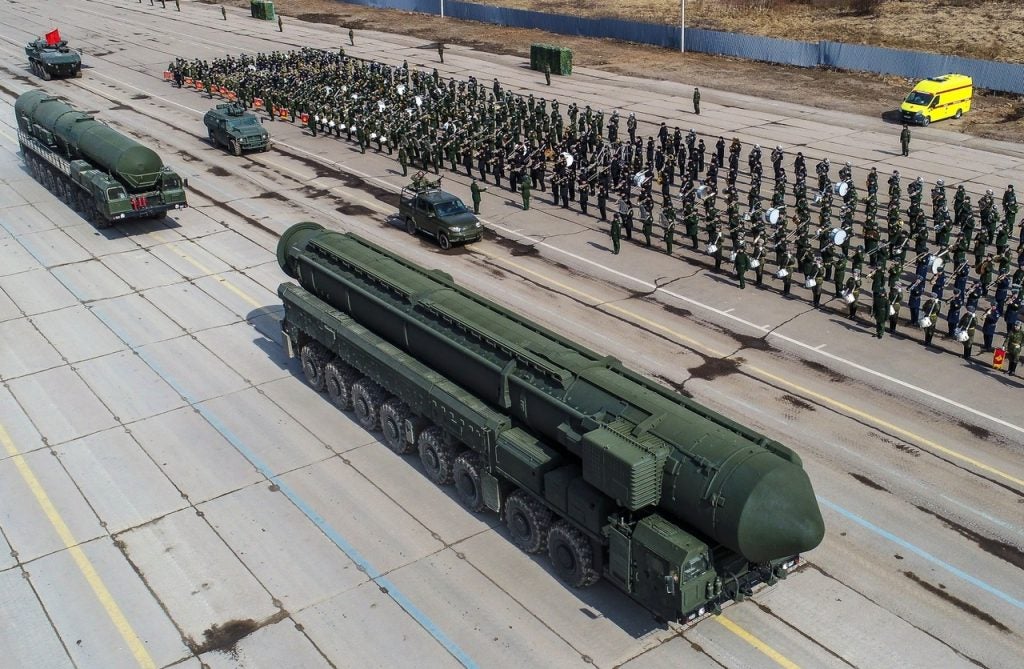Russian Parliament Approves New START Treaty Extension
Russian lawmakers today voted to approve the extension of the New START nuclear arms control treaty, days before its expiry on February 5. Both houses of parliament voted unanimously to extend the sole remaining US-Russian arms control treaty for five years.
The approval comes a day after a phone call between US President Joe Biden and Russian President Vladimir Putin. According to the White House readout of the call, matters of concern discussed other than the New START extension included the SolarWinds hack, reports of Russia placing bounties on United States soldiers in Afghanistan, interference in the 2020 United States election, and the poisoning of Aleksey Navalny. The Kremlin readout, on the other hand, emphasized the extension of New START, in addition to the US withdrawal from the Open Skies Treaty and “preserving” the JCPOA.
While the US does not require Congressional approval to extend New START, Russian lawmakers have to approve the extension before it can be signed into law by Putin. According to Deputy Foreign Minister Sergei Ryabkov, the extension will be validated with the exchange of diplomatic notes, following the completion of legal procedures.
New START, signed in 2010 by US President Barack Obama and Russian President Dmitry Medevev, limits the US and Russia to no more than 1,550 deployed nuclear warheads and 700 deployed missiles and bombers. To verify compliance, a variety of measures including on-site inspections and data exchanges are in place, including an annual exchange of telemetry data from an agreed number of ICBM and SLBM launches.
While Russia had offered a five-year extension of the treaty with no preconditions in December 2019, the Trump administration sought to include China into the treaty, a proposal that was quickly rejected by China given its significantly smaller nuclear arsenal compared to Russia and the US. After abandoning that idea, the Trump administration then proposed a one-year extension, with a warhead “freeze” and additional verification measures that were opposed by Russia. The perception given by the Trump administration’s fixation on non-starter measures following its withdrawal from the INF was that it had no serious interest in renewing New START, something that drew significant criticism from disarmament and arms control organizations.
After the approval of the extension, Ryabkov has since said that Russia is open to subsequent talks on arms reduction, adding that they should include non-nuclear precision weapons with strategic range.

